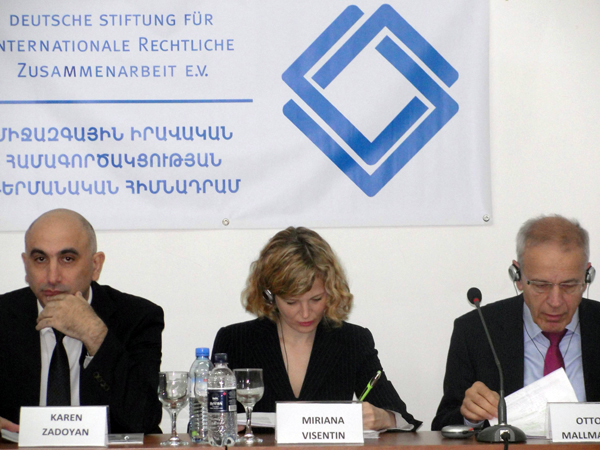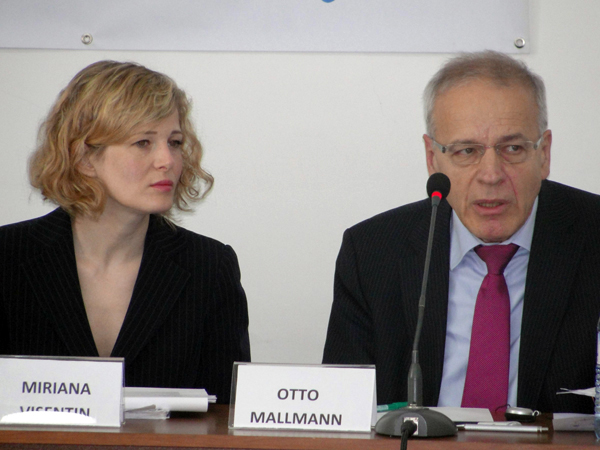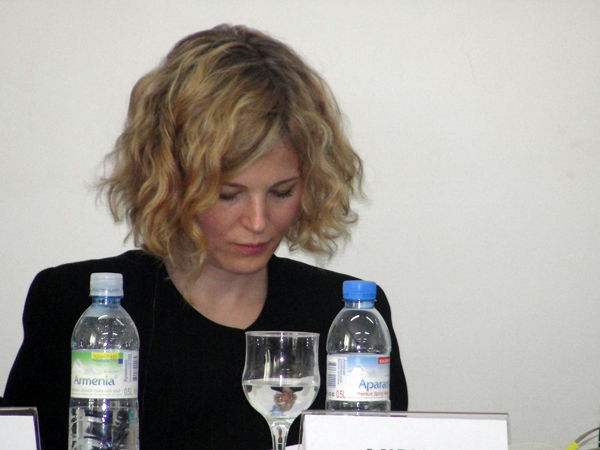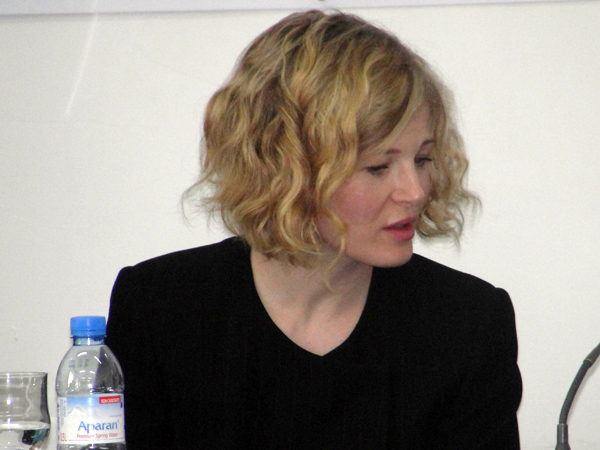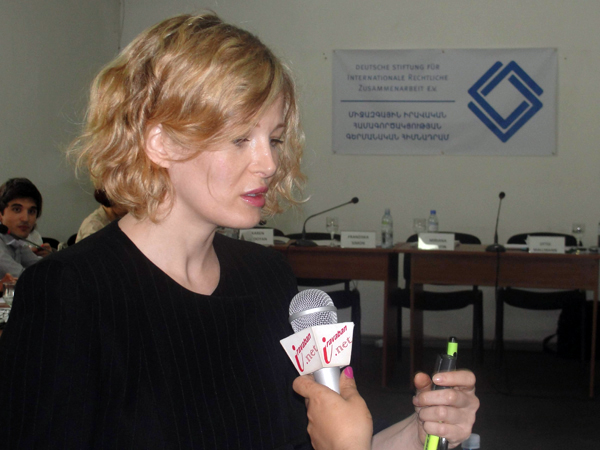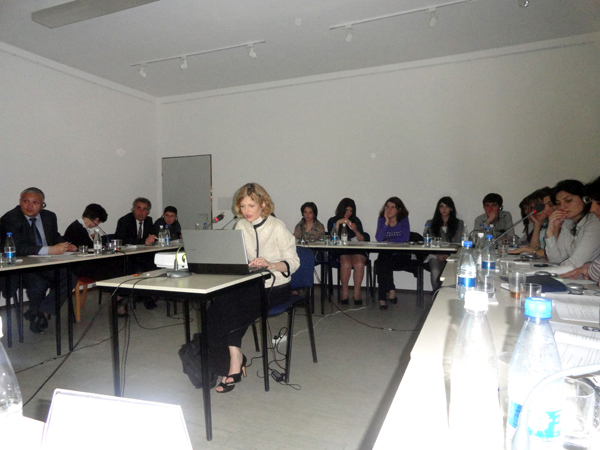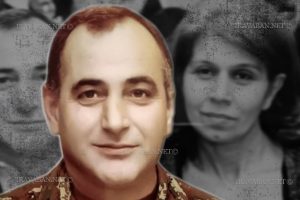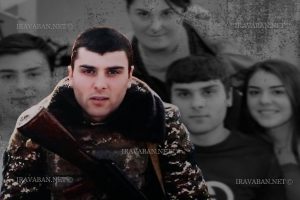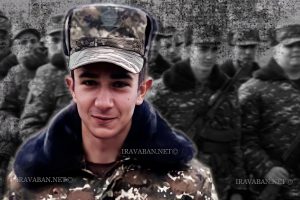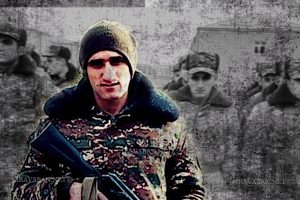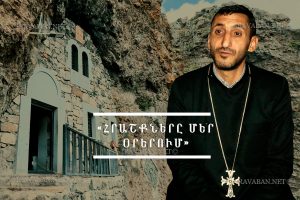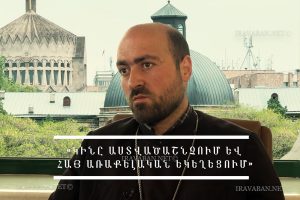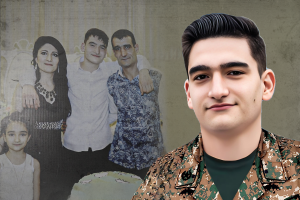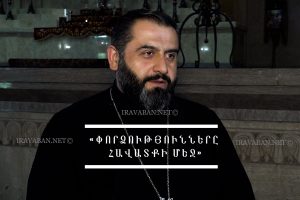On May 2-3, seminar on European Convention on Human Rights took place. The two-day seminar was organized by the German Legal Collaboration Fund and Armenian young Lawyers Association.
Iravaban.net talked with lawyer-expert of the IRZ (International Legal Collaboration) attending the seminar Marianna Visentini.
– How do you see the solution of the issue of overloading of the European Court of Human Rights?
– Such problem does exist and the Court is taking steps to address the issue. One of the initiatives of ECHR is to cease similar cases and send to the country of origin a package of recommendations for system-level changes which should eliminate causes of such issues. If such issues repeat, it means there is a systematic inefficiency.
Let me say that the Court is looking into the cases and trying to identify the legal loopholes and recommend solutions to prevent violations. For example, if the issue is about disproportionate use of means, we recommend the country an alternative way to avoid the misuse.
Another trend is within the European Council. It is expected that international organizations and experts must work together to develop reform proposals. For example, the very operations of IRZ in Armenia is an example of those collaborations through which we hope to find solutions.
I want to mention that we make great steps to make sure the European Court’s decisions are translated and made accessible in English for stakeholders like Armenia. This will solve the issue of understanding rejections and see how other cases are analyzed. However, the work to translate materials into Armenian are not going as fast as they should unfortunately.
– What would you advise the Armenian attorneys who are preparing to apply to the European Court?
– First of all attorneys must collaborate with each other. It can help better understand how to work and deal with the ECHR. When we analyze case, we see that a few similar types always are selected by the court. This is where the outlook of the attorneys develops (based on several decisions on similar cases and demanding feedback) and improve professional skills.
Attorneys, when trying to specialize and improve professional skills during ECHR procedure should also focus on democratic institutions and the gains of democratic process and values. They need to work more closely with other attorneys and NGOs. Whatever decision they receive from the ECHR, they should share to raise awareness among peers on the process.
– What is your impression from today’s seminar on the European Court on Human Rights?
– I must admit I’m impressed with the level of the lawyers. This was really unexpected. We are dealing with very highly qualified lawyers here and discuss relevant issues. At first we thought that during the meeting with the Armenian Young Lawyers Association we would only need to explain what the European Court on Human Rights is about, but then we had to modify the agenda and switch to more complex and in-depth issues considering the level of legal knowledge of participants.
Nune Hovsepyan

